iST Clinical & Practice Development
For over 100 years we have been committed to continual learning and development in the effectiveness of our rehabilitative and therapeutic work with children and young people.
All that we learn from these programmes is fed back into clinical and practice development as well as into the treatment of every child.

Clinical Team
A key example of the clinical and practice developments that we have pioneered in recent years is the switch to what we call ‘Clinical Team’, from a traditional clinical consultation model where external child psychotherapists and group analysts came in weekly to consult to staff groups, senior staff and, at some level, to take clinical responsibility for the children.
What we learned over the years was that the traditional clinical consultation model in residential care can lead to a fragmentation of the organisational and clinical culture, at any level from the management to the environment around the children. This happens for profound reasons that psychoanalytic object relations theory can help us to understand.
The establishment of an ‘external’ focus of clinical expertise and, at some level, organisational ‘parenting’, creates a profound focus for splitting, fuelled by the powerful projections of children, and at times adults, into ‘parental’ figures.
We found over the years that this can be disempowering to individual staff and to the organisation, as they are unable to develop full confidence in their own independent clinical capabilities, and thus to take up their place in the external world as experts in the clinical work that is at the heart of what we offer. This made it hard for staff and organisation to develop and grow, to be fully effective, and to influence professional policy and practice nationally on behalf of disturbed and disadvantaged children.
Out of this profound and complex learning, which was surfaced and analysed over a period of years, we developed our alternative Clinical Team approach where iST clinical thinking and practice is applied:
- at all levels of the organisation, from our children up to our Chief Executive;
- across all roles, from our administrative and domestic staff to our specialist clinicians – all involved in the care of our children are thus part of the same integrated systemic culture, clinical processes and systems of accountability.
This is a topic that deserves further research in residential and similar settings. We believe that the weaknesses we identified in the traditional external consultation model can be more problematic where an organisation has more than one residential setting.
We have found that the switch to Clinical Team has opened up many avenues for the clinical development of the organisation and our staff, and for improving effectiveness in our work with children, and with the wider clinical professional and policy worlds. It has been a transformative clinical development, which defines a key difference between iST and many other residential and psychotherapeutic clinical approaches. It also, we observe, returns the clinical culture to the holistic, democratic, participative, empowering values of the therapeutic community approach.
Clinical Team is, we have found, a safer way of working with clinical specialists, who are no longer placed in an unrealistic position ‘on a pedestal’. They can work more realistically, both with respect to themselves and to everyone else, thus more safely and with wider group support and shared accountability, as part of the Clinical Team.
The Institute is willing to consult to other organisations based on insights from Integrated Systemic Therapy, iST Clinical Team, iST Assessment, iST Training and Development and related organisational matters. For a discussion of your organisational needs, please contact the Chief Executive on 020 7928 7388.
